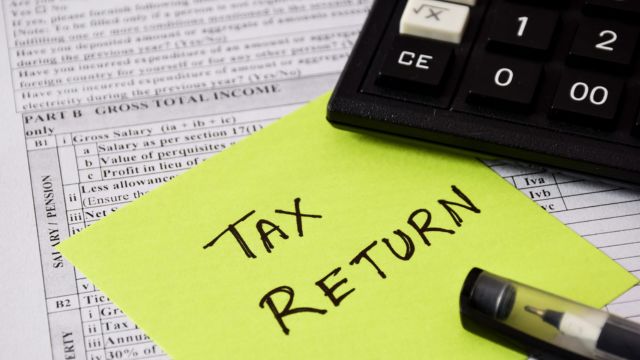As the 2025 tax season winds down, many taxpayers are eagerly awaiting their refunds. However, financial experts caution that receiving a refund isn’t guaranteed—and even if you are entitled to one, the IRS has several reasons it might delay or withhold it.
Why Tax Refunds Happen
Tax refunds typically occur when individuals overpay their federal tax liability during the year. Even if your employer withholds taxes from your paycheck, you’re still responsible for filing an annual return to reconcile what you’ve paid versus what you owe.
In addition to overpayments, tax credits can play a significant role in determining your refund. Tax credits reduce your overall tax bill, and they come in two main forms:
- Nonrefundable Credits: These can lower your tax bill to zero, but won’t result in a refund for any leftover amount.
- Refundable Credits: If the credit exceeds your tax liability, you’ll receive the difference as a refund. One common example is the Earned Income Tax Credit (EITC).
Why Refunds May Be Withheld
Even if you’re eligible for a refund, the IRS can withhold it for several reasons:
- Unpaid State Taxes: While you may be up-to-date on federal taxes, outstanding state income tax can trigger a hold on your refund. Most states—41 out of 50—require state income tax payments.
- Defaulted Student Loans: Federal student loan debt remains a significant issue, with over $1.6 trillion owed nationwide. If you’ve defaulted on your loans, the government may use your refund to offset your outstanding balance.
- Unpaid Spousal or Child Support: Court-ordered support payments are also enforced through tax refunds. If you owe back child or spousal support, the Treasury Department can intercept your refund to cover the arrears.
What to Do If Your Refund Is Withheld
If you discover that your refund has been withheld, your first step should be to contact the U.S. Department of the Treasury’s Bureau of the Fiscal Service (BFS), which handles IRS refunds. You can reach them at 1-888-826-3127 for assistance in understanding your situation and exploring options such as setting up a payment plan.
While the standard tax deadline has passed, taxpayers who received an extension have until October 15 to file. Experts advise ensuring all outstanding debts are addressed before filing to avoid refund delays.
Clear communication with the IRS and other agencies is key to resolving any issues and securing your refund as smoothly as possible.












